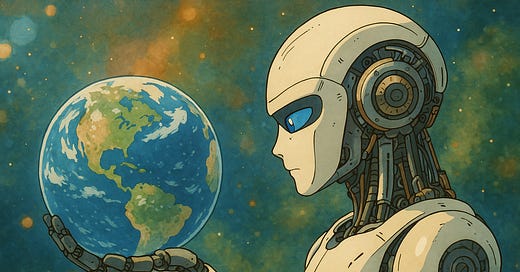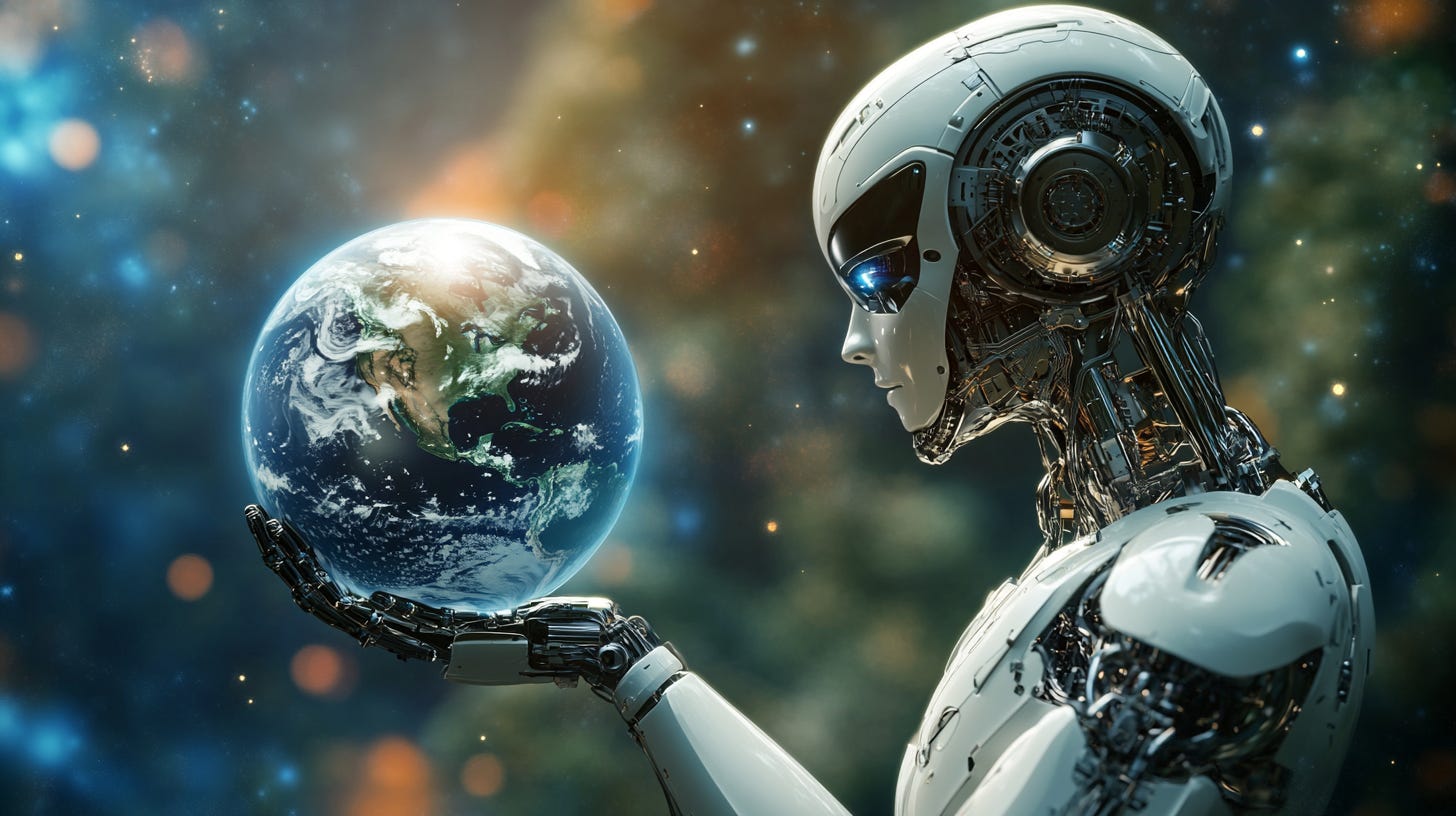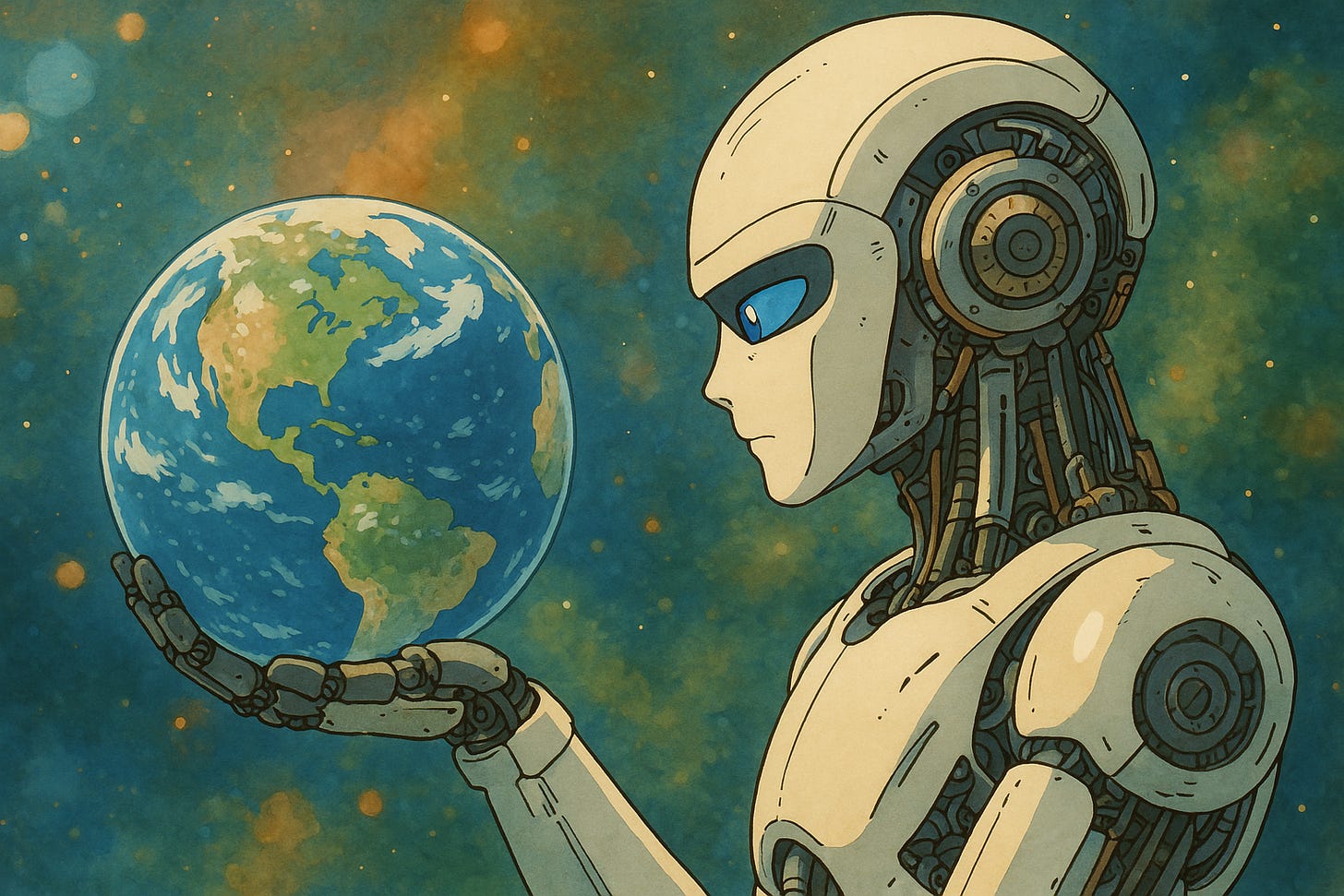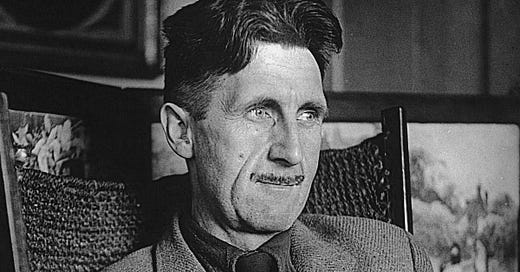
AI offers a tempting shortcut to everything
That's why doing hard things matters more than ever.
We now live in a world where a 13-year-old with a laptop can launch a world-class marketing campaign, write a novel Hemingway’s voice, and generate Renaissance-style art in minutes.
To me, that is more exciting than terrifying.
Technology is accelerating so rapidly and the barriers to creating great work have flattened so dramatically that, suddenly, we’re in the most opportunity-rich moment in history.
AI tools like ChatGPT will continue to improve by the second. The people who figure out how to use them early will have an exponential advantage over those who don’t. This will be the new literacy.
The downside, though, is that AI has commoditized beautiful art and compelling writing. When anyone can create anything, eye-catching design and smooth writing stop being signs of originality.
As bot-generated content becomes more pervasive, we the people will fill the internet with more and shinier slop. Inevitably, our social feeds will become noisier and our inboxes less human.
The cost of production has collapsed, meaning the cost of discernment has skyrocketed.
In that sense, we all lose something.
Not because machines will replace us, but because we could sacrifice our own minds without even realizing it.
The danger isn’t AI getting smarter. It’s people getting dumber.
All of this only deepens my conviction that the path to success has never been more straightforward.
In a world where people can cheaply outsource both thinking and execution, those who retain their analog creative habits while leveraging modern tools will hold the edge.
Take college and high school students. They can spin up any classroom essay in a few seconds using a chatbot. Sure, it teaches valuable AI proficiency. But it also erodes the slow, formative process of thinking through and articulating ideas.
Especially for young people, a great temptation of the AI age will be swapping long-term intellectual development for near-term efficiency.
The kids who write the old-fashioned way, slow and laborious as it is, will become the most articulate and advanced thinkers of their generation.
To be clear, I’m not making a case to reject AI. Yet the individuals best equipped to navigate the fast-approaching future will be those who recognize the moments to put it aside.
That’s the differentiator. Not whether to use AI, but how and when.
Now, as someone who writes for a living, I’ll be the first to talk about how hard it is to write anything of quality. The unsexy reality, as all writers learn, is that it’s supposed to be hard.
So, manual creation will only get more rare.
The rise of AI makes it even harder to sit down and write because there is an easy and passable shortcut.
But technology aside, I can’t imagine the world will ever look favorably upon those who consistently opt for shortcuts.
It’s always been true that success comes to those who choose to do hard things.
AI won’t change that.














